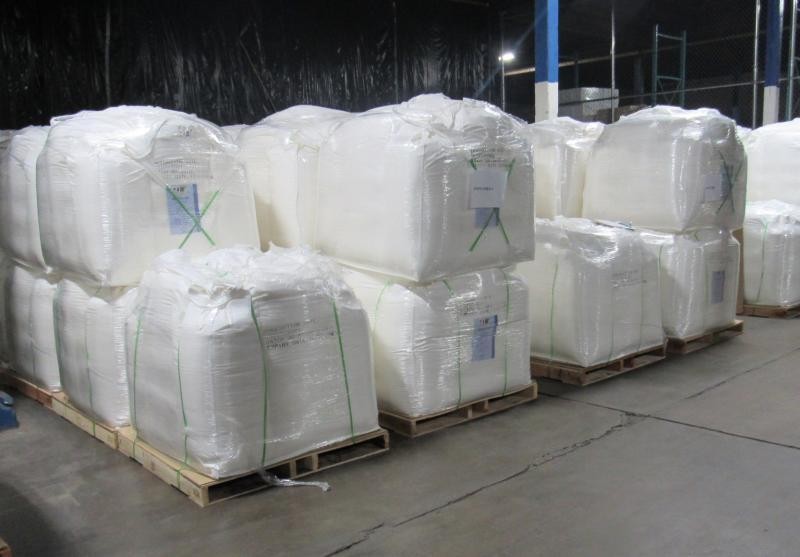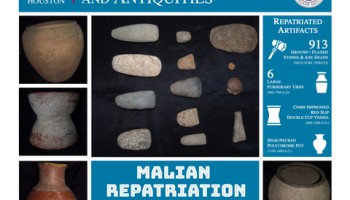“There is no place for forced labor in today's world, and Customs and Border Protection stands firm against foreign companies that exploit vulnerable workers,” said Marc Calixte, CBP’s acting area port director in Baltimore.
He said the CBP “will continue to ensure that goods made with forced labor do not enter our nation’s commerce and we will help to root out this inhumane practice from the U.S. supply chain.”
The palm oil shipments are valued at nearly US $2.5 million and were en route to a processing facility in Delaware. The four shipments weighed a total of more than 544,000 pounds.
The shipments were packaged into “super packs” - flexible sacks used to transport bulk cargo. The super packs contained palmitic acid, a form of refined, powdered palm oil which can be used for food, beverages, and health products.
The suspect shipments first came to CBP notice on Nov. 30 of 2021, when three shipments totaling 270 super packs from the Sime Darby Plantation Berhad in Malaysia were detained in Baltimore. A second shipment of 108 super packs from the same plantation was detained three days later on Dec. 3, 2021.
A year previously, the CBP had alerted border agents to be on the lookout for palm oil produced by Sime Darby and its subsidiaries in Malaysia in response to allegations that the plantation violated international standards regarding forced labor.
The importers were given three months to prove that the palm oil had been legitimately produced, but when they did not respond, the CBP seized the shipments, the press release said.
The U.S. Department of Homeland Security (DHS) established the Center for Countering Human Trafficking (CCHT) in October 2020 which addresses human trafficking, forced labor, and goods imported into the U.S. which were produced by forced labor.
According to a 2020 DHS strategy report, forced labor remains the predominant form of human trafficking worldwide. Imported items produced by forced labor present numerous risks to the general public including harm to laborers, food safety, and promoting fair price competition.






